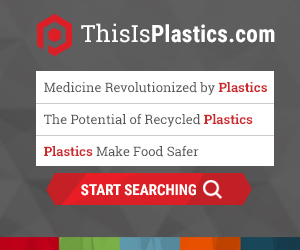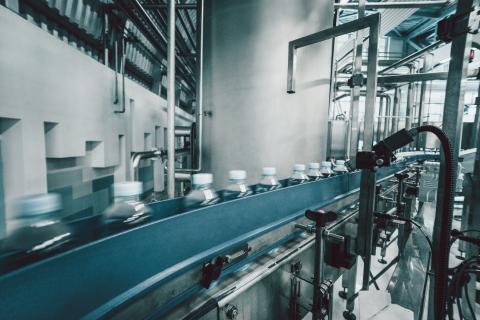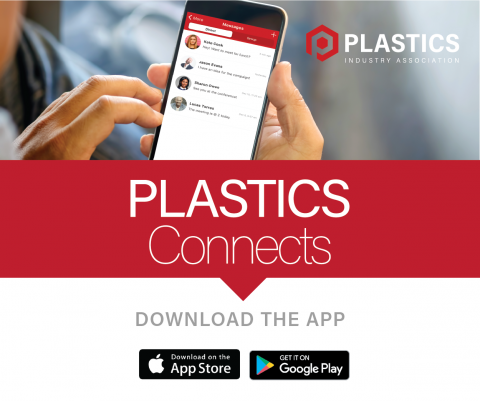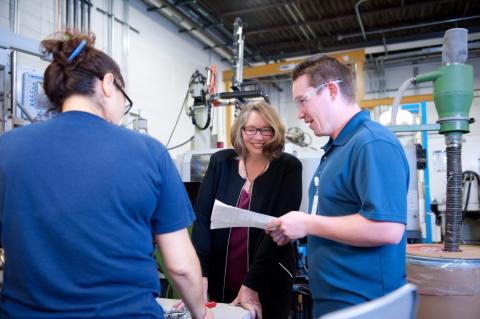Study Shows that PET Bottles are Widely Available for Recycling Nationwide
Fri July 29, 2016
July 29, 2016
WASHINGTON, D.C. – SPI: The Plastics Industry Trade Association participated in a study commissioned by the Sustainable Packaging Coalition, 2015-16 Centralized Study on Availability of Recycling for Beverage Containers. The study identifies the prevalence of recycling programs that accept beverage containers, including PET bottles/jugs & jars, aluminum beverage cans, glass beverage bottles and cartons. The findings on PET showed that a majority of the country, 92 percent of the U.S. population, can recycle PET bottles/jugs & jars.
“It’s important to make recycling available to consumers. The more convenient we can make recycling for consumers, the more people will recycle,” said George Southworth, director of industry affairs – RPPG & PMDAC at SPI: The Plastics Industry Trade Association. “This study shows many Americans have the resources they need to recycle, so it’s up to us to keep educating and advocating for more effective recycling.”
The study further breaks down the availability of recycling by the type of recycling available and finds that 54 percent of U.S. residents have automatic/universal curbside recycling of PET bottles/jugs & jars, while the other curbside programs were opt-in, which is available to 6 percent of the population, and subscription which is available to 8 percent of the population. In total, 68 percent of U.S. residents have some sort of curbside recycling available. Drop-off programs were available to 24 percent of the US population and, when combined with the curbside recycling availability, totals 92 percent of all programs – curbside and its subsidiaries and drop-off programs – available to the U.S. population.
“This new study helps us to make a true assessment of the ease and availability of recycling by consumers across the country,” said Dan Mohs, chairman and CEO of Placon Corporation. “This report also serves as a contextual guide for brands who make claims about their recycling and sustainability efforts.”
This study was commissioned by the Sustainable Packaging Coalition and conducted by Resource Recycling Systems and Moore Recycling Associates. Other project sponsors included the Can Manufacturers Institute, Carton Council, Glass Packaging Institute, National Association for PET Container Resources and The Aluminum Association. For more on methodology, please click here.
###
Founded in 1937, SPI: The Plastics Industry Trade Association promotes growth in the $427 billion U.S. plastics industry. Representing nearly one million American workers in the third largest U.S. manufacturing industry, SPI delivers legislative and regulatory advocacy, market research, industry promotion and the fostering of business relationships and zero waste strategies. SPI also owns and produces the international NPE trade show. All profits from NPE are reinvested into SPI’s industry services. Find SPI online at www.plasticsindustry.org and www.inthehopper.org.
"From resin suppliers and equipment makers to processors and brand owners, SPI is proud to represent all facets of the U.S. plastics industry," said William R. Carteaux, president and CEO, SPI. "Our most recent economic reports show that the plastics industry as a whole is resilient, and has come through the recession significantly better than other U.S. manufacturing sectors."









